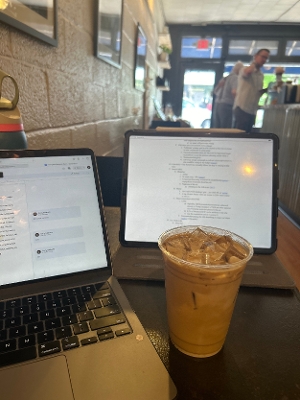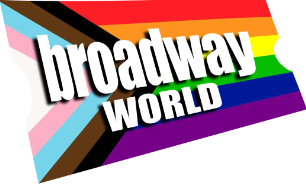Student Blog: A Different Perspective on Cheating
How I frame my decision to not cheat around my future rather than potential punishment.

College opens many opportunities. Some of them are enriching, like performances and internships. Others, like cheating and using artificial intelligence, can jeopardize learning. At my liberal arts university, we sign an honor code that prohibits students from cheating. Some professors run papers through originality checks and AI detectors. The fear of punishment from professors and the university are threatening, but my greatest motivation against cheating is my desire to be prepared after graduation.
Generally, theatre is not well-suited for cheating. AI cannot memorize lines or put on a compelling performance. On the design side, I would not trust it to produce a creative and coherent production package. Though some of my teachers have explained how AI can aid in the design process, its role largely occurs in the early stages of visual research. Past that, one’s own creativity must be employed to create a unique design concept with a clear throughline.
The writing components of theatre classes are the main opportunity for cheating. Before a large writing response assignment in my Acting 1 course, my teacher explained that she probably would not know if we cheated. However, she encouraged us to refrain from doing so for the sake of our futures. If we truly cared about performing and theatre, she said, it would be worth putting in the extra effort to deepen our understanding of the art. Taking the easy way out (cheating) would have given me an extra hour of my day, but I would have missed the opportunity to reflect on my acting and do the character work necessary to achieve a complex final performance.
Outside of theatre, I’ve taken stem and humanities courses to satisfy standard “divisional requirements.” Though not directly related to theatre, each divisional course has improved my understanding of theatre and has developed specific skills. For example, my statistics class improved my ability to interpret raw data and allowed me to do my final project on the impact of the Tonys on Broadway revenue. Other connections between my divisional courses and theatre can be seen in my previous blog post on the subject. I have gained valuable skills and experiences from participating in these classes and putting effort into them, even though they aren’t for my major.
In the end, cheating just isn’t worth it. In addition to cheating yourself out of the work, you’re cheating yourself out of precious exercises and chances to improve yourself. To me, academic integrity means taking full advantage of the opportunities I am given to best prepare myself for life after graduation. It means developing my professional skills instead of slacking off when I think no one is watching. Additionally, my family is paying to put me through college, so it is unfair to everyone for me to compromise my academic integrity and waste my family’s money. Cheating helps in the short run, but hurts in the long run. I’m choosing to uphold my academic integrity, and I encourage you to do the same.
Comments
Join Team BroadwayWorld
Are you an avid theatergoer? We're looking for people like you to share your thoughts and insights with our readers. Team BroadwayWorld members get access to shows to review, conduct interviews with artists, and the opportunity to meet and network with fellow theatre lovers and arts workers.
Interested? Learn more here.
Videos

